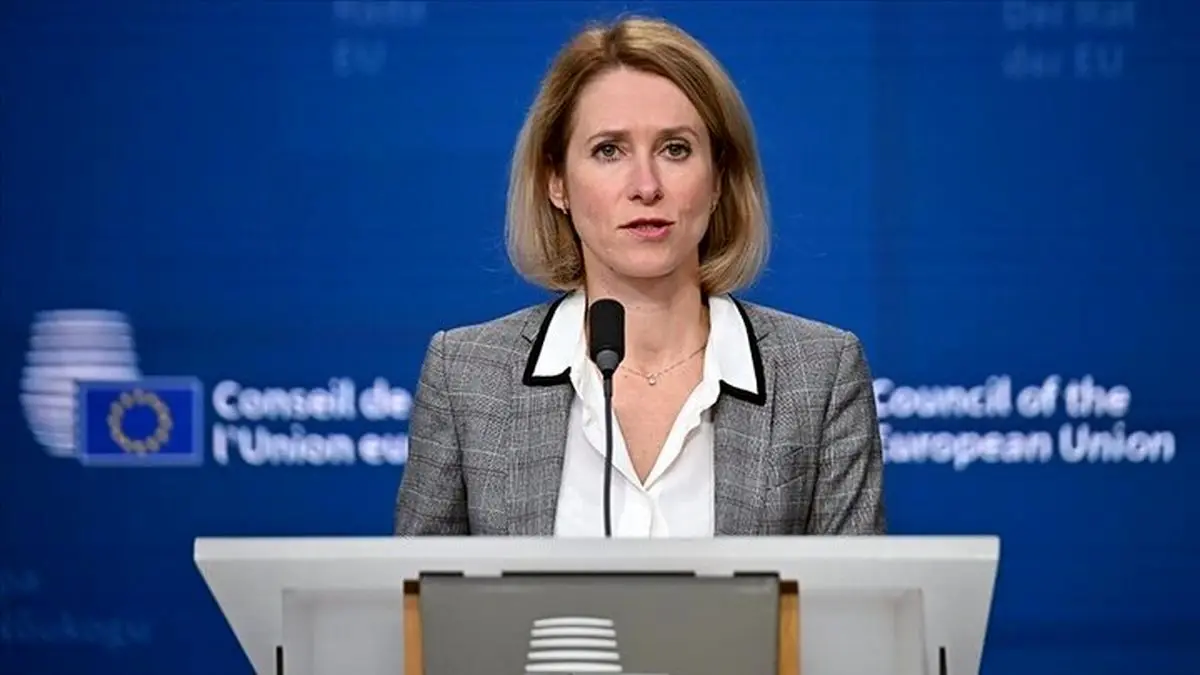SAEDNEWS: Iran strongly rejects the European “snapback” initiative, asserting that EU members have violated their JCPOA commitments, and has sent a detailed response letter to the EU, highlighting both legal and diplomatic flaws in the proposed action.

According to Saed News, Kaja Kallas, European Union Foreign Policy Chief, stated at a joint press conference with Danish Foreign Minister Lars Løkke Rasmussen that the decision of the three European countries—UK, France, and Germany—to initiate the snapback mechanism against Iran has begun a 30-day period. She claimed: “This does not mark the end of diplomacy. Tehran still has the opportunity to fully cooperate with the International Atomic Energy Agency (IAEA) and return to negotiations with the United States.”
The snapback mechanism, included in UN Security Council Resolution 2231, allows member states to reinstate international sanctions if a party is alleged to have “breached” the agreement. According to the JCPOA text, this mechanism is valid only if all parties uphold their commitments. Iranian authorities stress that the European countries, by failing to fulfill their economic obligations and remaining silent against US actions, have lost the legitimacy to activate this mechanism.
Iran has stated it will respond to any European action to reinstate sanctions. Europe claims it seeks a diplomatic solution, despite consistently supporting Israeli and American military aggression against Iran during negotiations. German Chancellor Friedrich Merz even praised Israeli actions as “Europe’s dirty work.”
Iranian Foreign Minister Seyed Abbas Araqchi, in an official letter sent to the EU Foreign Policy Chief and JCPOA Joint Commission Coordinator on Friday, extensively addressed the European letter dated 18 August 2025. Araqchi outlined the key points regarding the current JCPOA situation and dispute resolution mechanism.
In his letter, Araqchi expressed regret over Europe’s selective and incomplete narrative, highlighting the EU’s chronic neglect of obligations and omission of procedural history related to JCPOA and UN Security Council Resolution 2231.
He sharply criticized the EU’s stance on the illegal attacks by the US and Israel against Iranian nuclear facilities, emphasizing that these actions violate the UN Charter and international law, while Europe’s Troika openly supported them through arms supply. Araqchi also condemned Kallas’ remarks claiming “the end of Iran’s nuclear program,” calling it contrary to the JCPOA’s fundamental principles and damaging to the EU’s role as a neutral coordinator.
Finally, Araqchi stated that any potential efforts by the Troika to reinstate UNSC resolutions canceled under Resolution 2231 are invalid and ineffective, noting that the resolution is set to expire on 18 October 2025. He urged the EU to avoid selective interpretations and to facilitate genuine diplomacy while maintaining multilateralism. Iran reiterated its readiness to resume fair and balanced diplomatic negotiations, provided other parties demonstrate seriousness and refrain from actions undermining the success of talks.
The letter was also copied to the UN Secretary-General, the Security Council President, and Security Council members.

